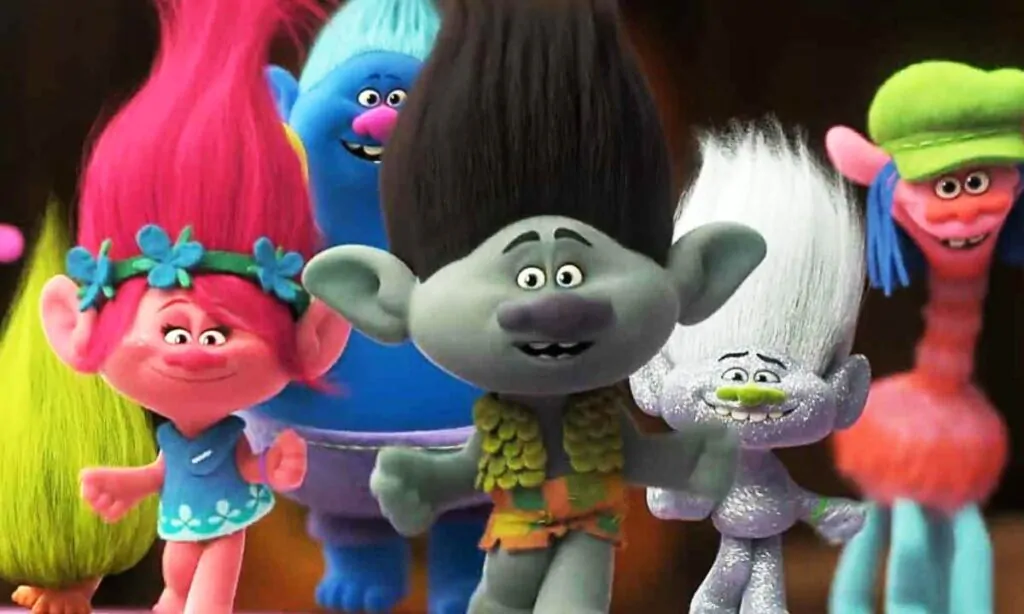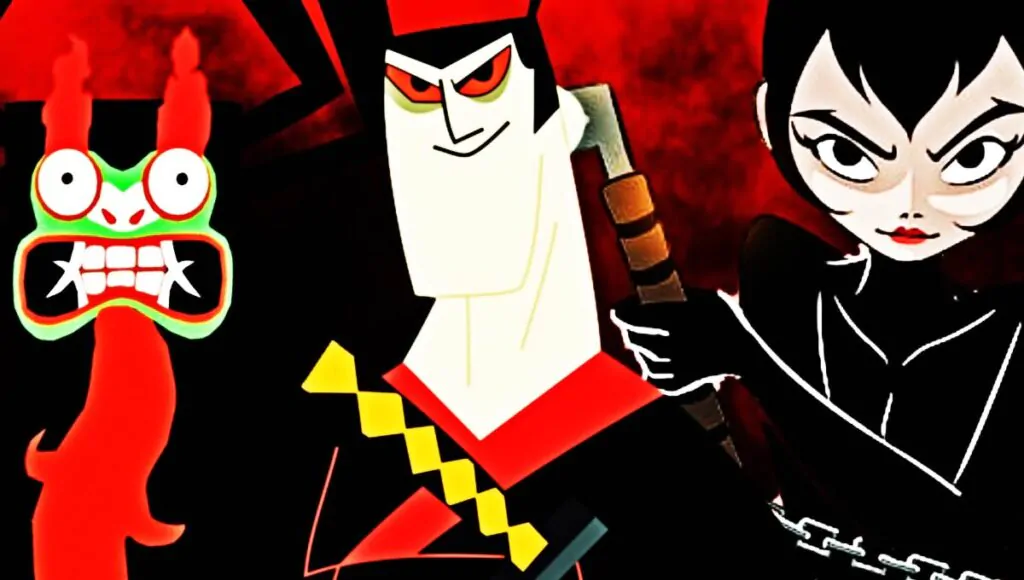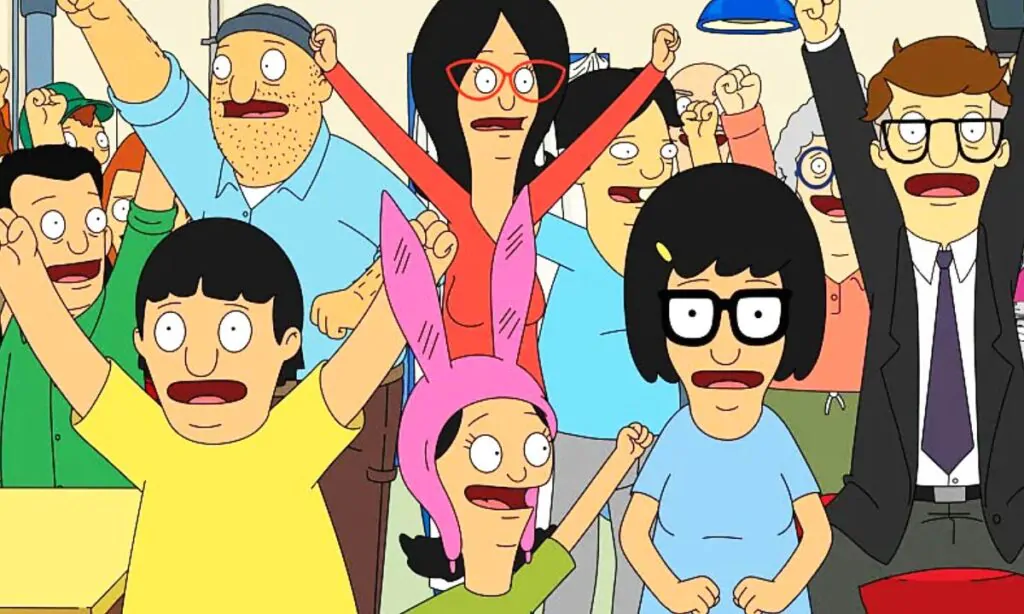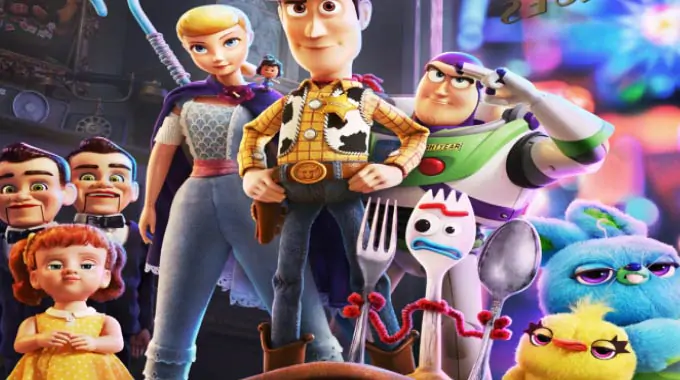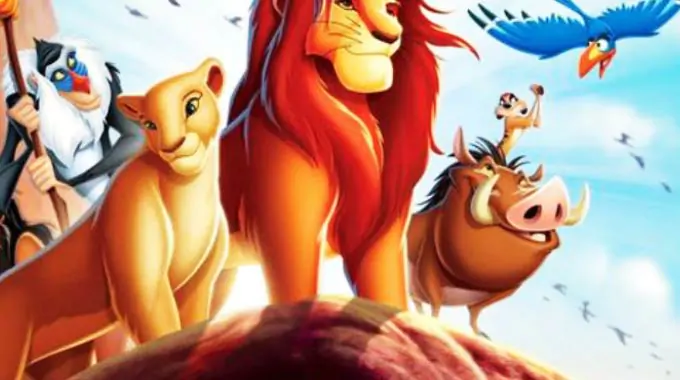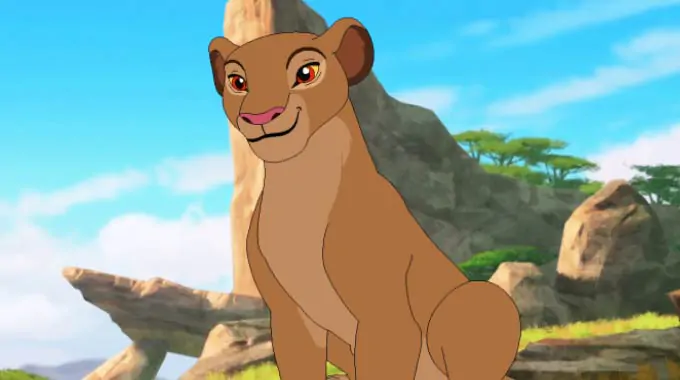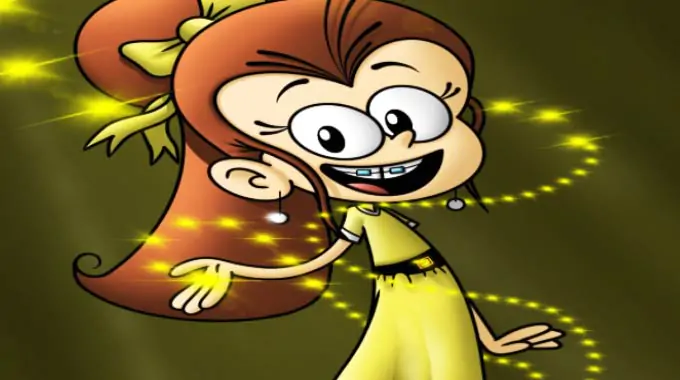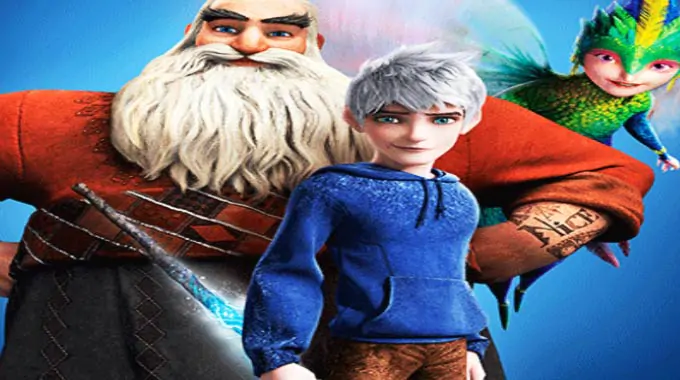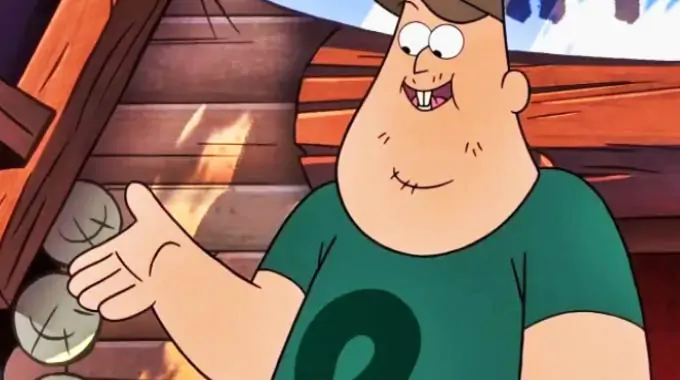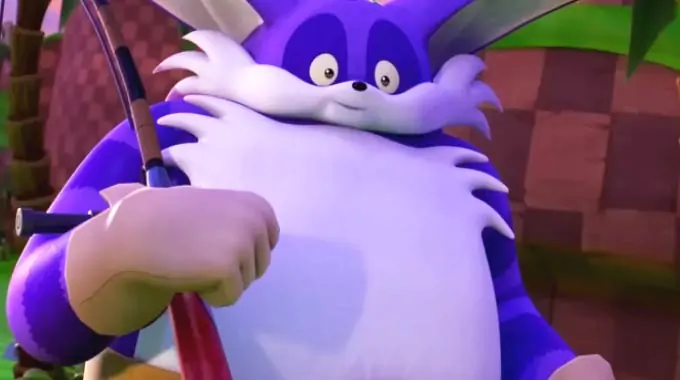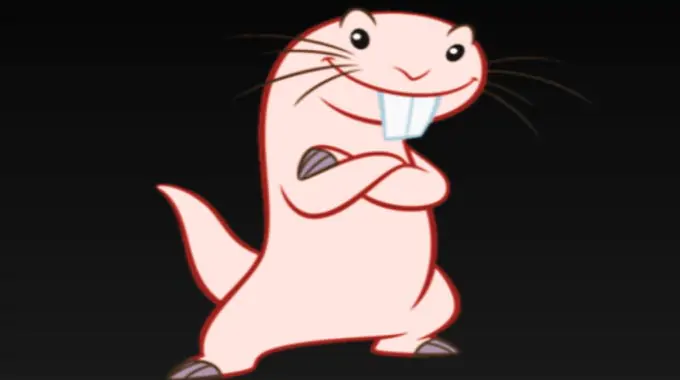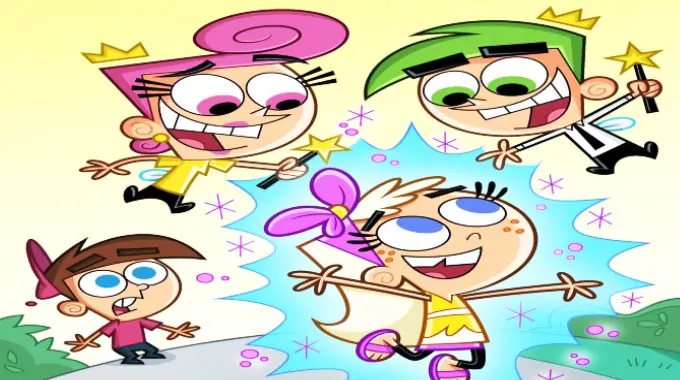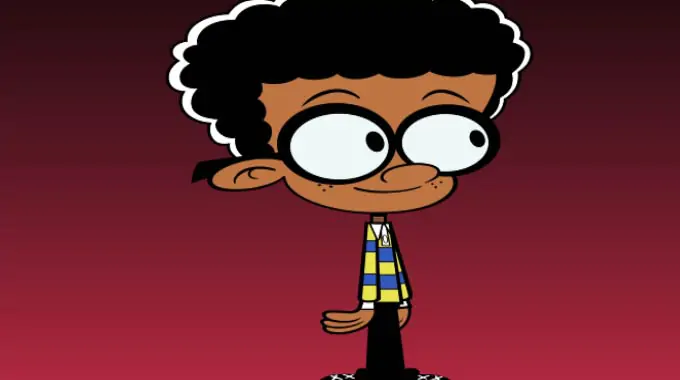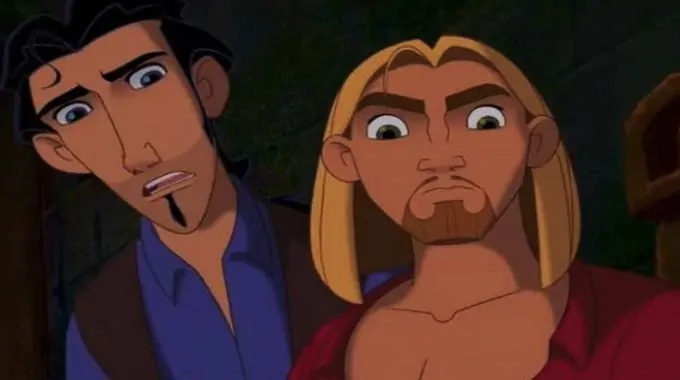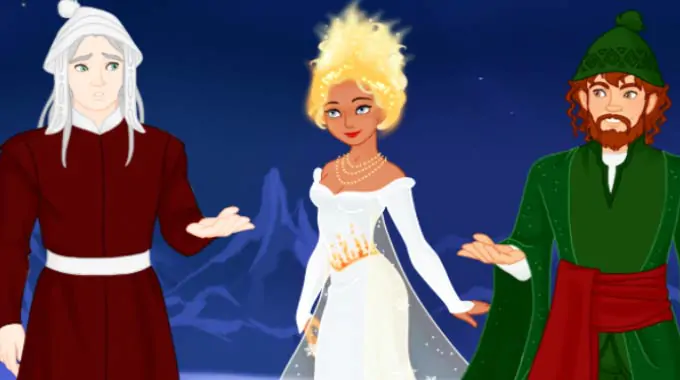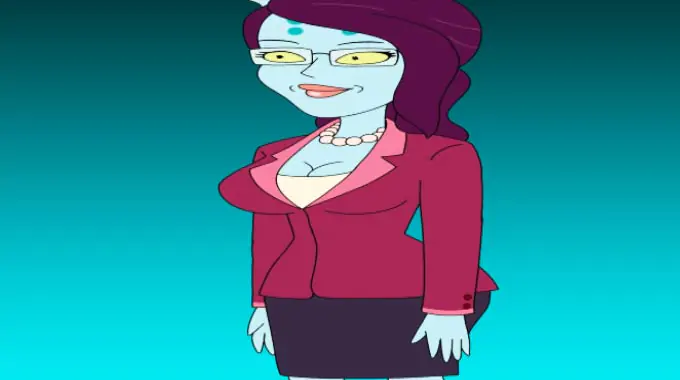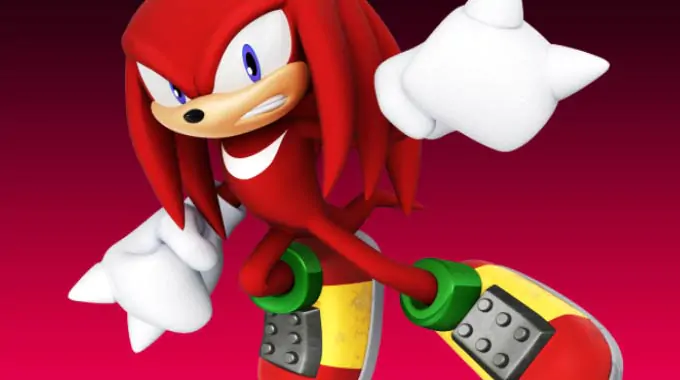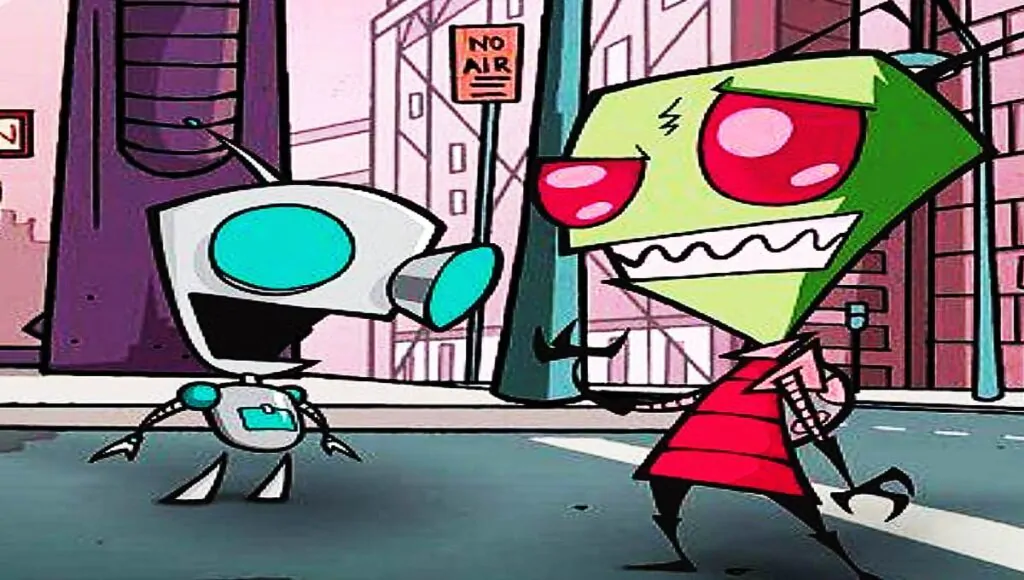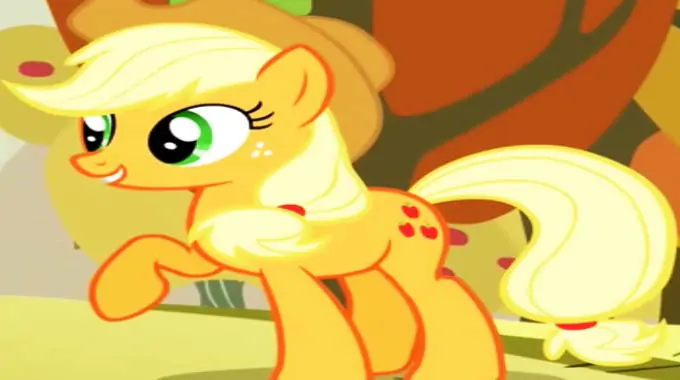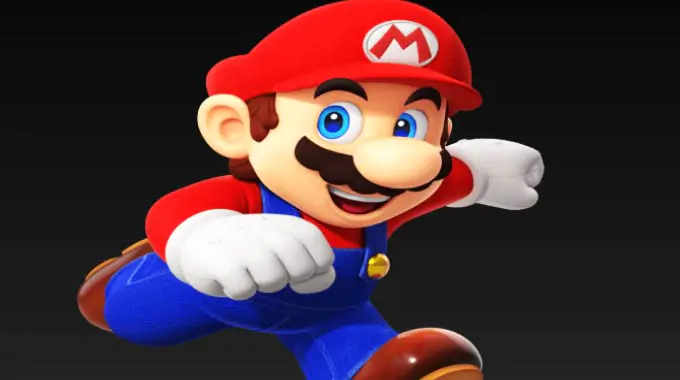List of Zootopia Disney Theories:
Secret animal experiment theory: Zootopia is secretly an experiment conducted by humans to study the behavior and interactions of anthropomorphic animals.
Time loop theory: The events of Zootopia are caught in a time loop, where Judy and Nick continuously relive their experiences until they can break free.
Prejudice allegory theory: Zootopia serves as an allegory for real-world prejudice and discrimination, highlighting issues of race, ethnicity, and social divisions.
Post-apocalyptic theory: Zootopia takes place in a post-apocalyptic world where humans no longer exist, and animals have evolved to create their own societies.
Inception-inspired theory: The entire movie is a dream within a dream, with layers of reality and subconscious symbolism intertwined.
Government conspiracy theory: The Zootopia government is involved in a secret conspiracy, manipulating events and suppressing certain information to maintain control.
Nick’s true identity theory: Nick is secretly an undercover agent working for a larger organization, tasked with investigating crime and corruption in Zootopia.
Nick’s past theory: Nick’s sly and cunning demeanor stems from a traumatic event in his past, shaping his outlook on life and interactions with others.
Hidden dystopia theory: Beneath the surface of Zootopia’s seemingly perfect society lies a hidden dystopia, with dark secrets and a sinister underbelly.
Gazelle’s influence theory: Gazelle, the famous pop star, secretly holds significant power and influence over Zootopia’s government and societal dynamics.
Nick and Judy romantic relationship theory: Nick and Judy’s close bond develops into a romantic relationship after the events of the movie.
Political metaphor theory: Zootopia symbolizes the complexities of politics, with different animal species representing different political ideologies and factions.
Genetic experimentation theory: Some animals in Zootopia have been genetically modified or engineered, giving them unique abilities and traits.
Ancient civilization theory: Zootopia was once inhabited by an ancient civilization of intelligent animals that disappeared mysteriously, leaving behind remnants of their advanced culture.
Judy’s undercover operation theory: Judy’s assignment to Zootopia’s police force was actually an undercover operation orchestrated by a higher authority.
Parallel universe theory: Zootopia exists in a parallel universe where animals have evolved human-like qualities and built their own society.
Technological control theory: Zootopia’s advanced technology is used to monitor and control the behavior of its citizens, raising questions about surveillance and privacy.
The missing mammal conspiracy theory: The disappearance of certain mammals in Zootopia is part of a larger conspiracy involving government officials and powerful entities.
Environmental commentary theory: Zootopia serves as a commentary on environmental issues, highlighting the need for conservation and sustainable practices.
Nick’s redemption theory: Nick’s involvement in the main plot of the movie serves as a catalyst for his personal redemption and growth as a character.
Dream world theory: Zootopia is revealed to be a dream world created by a character’s imagination, allowing them to explore their deepest desires and fears.
Allegory for American society theory: Zootopia is an allegory for American society, tackling issues of social inequality, systemic racism, and political polarization.
Cultural assimilation theory: Zootopia explores the challenges and benefits of cultural assimilation, as animals from different backgrounds learn to live together and embrace diversity.
Animal intelligence theory: Zootopia’s animals possess higher levels of intelligence than real-world animals, allowing them to develop complex societies and technology.
Time travel theory: Zootopia incorporates elements of time travel, with characters traveling between different time periods to solve a mystery or prevent a catastrophe.
Multiverse theory: Zootopia exists within a multiverse, with multiple parallel versions of the city and its inhabitants coexisting simultaneously.
Animal hierarchy theory: Zootopia has a complex social hierarchy based on animal species, with certain species holding higher positions of power and privilege.
Virtual reality theory: The events of Zootopia take place within a virtual reality simulation, designed to teach animals important life lessons and social skills.
Crossover theory: Zootopia exists within a larger Disney cinematic universe, with connections and crossovers to other Disney movies and characters.
The villain’s redemption theory: The movie’s main antagonist undergoes a redemption arc, ultimately realizing the error of their ways and seeking redemption.
Nick Wilde’s tragic backstory theory: Nick’s sly and cynical nature stems from a tragic event in his past, such as the loss of a loved one or betrayal by a close friend.
Judy Hopps’ hidden talents theory: Judy possesses hidden talents or abilities beyond her exceptional police skills, which are yet to be fully revealed or explored.
Chief Bogo’s secret past theory: Chief Bogo, the stern police chief, has a mysterious past that involves a significant event or connection to a larger criminal organization.
Assistant Mayor Bellwether’s mastermind theory: Assistant Mayor Bellwether’s villainous actions were carefully orchestrated as part of a larger plan to gain power and manipulate Zootopia’s government.
Clawhauser’s hidden abilities theory: Clawhauser, the cheetah receptionist, has extraordinary speed and agility that he conceals to maintain his endearing and harmless image.
Finnick’s connection to Nick theory: Finnick, the fennec fox, has a deeper connection to Nick, possibly serving as a mentor figure or an old partner in a previous life of crime.
Gazelle’s secret agenda theory: Gazelle, the pop star, is secretly involved in political movements or conspiracies aimed at bringing about change in Zootopia’s society.
Flash’s true intelligence theory: Flash, the sloth, is not as slow as he appears and is actually highly intelligent, intentionally adopting a slow pace to manipulate others or observe their actions.
Mrs. Otterton’s past connection theory: Mrs. Otterton, the missing otter’s wife, has a hidden connection to one of the main characters, possibly having interacted with them before the events of the movie.
Duke Weaselton’s redemption theory: Duke Weaselton, the small-time thief, eventually turns his life around and becomes a valuable ally to the main characters in their future adventures.
Officer Clawhauser’s undercover operation theory: Clawhauser secretly works as an undercover agent, gathering information on criminal activities within Zootopia.
Chief Bogo’s soft spot theory: Despite his tough exterior, Chief Bogo has a soft spot for certain animals or a particular cause, which influences his actions and decisions.
Fru Fru’s hidden skills theory: Fru Fru, the mob boss’s daughter, possesses unexpected skills or knowledge that play a significant role in the resolution of conflicts.
Flash’s true ancestry theory: Flash is revealed to be from a lineage of highly intelligent sloths, making him an anomaly among his species.
Bellwether’s redemption theory: After being exposed as the main antagonist, Bellwether undergoes a journey of redemption and seeks forgiveness from the other characters.
Gideon Grey’s redemption theory: Gideon, the bully from Judy’s past, undergoes a personal transformation and seeks to make amends for his past actions.
Yax’s hidden wisdom theory: Yax, the laid-back yak, possesses profound wisdom and insights, hidden beneath his carefree and eccentric exterior.
Bonnie and Stu Hopps’ secret past theory: Judy’s parents, Bonnie and Stu Hopps, have a mysterious past involving their own encounters with discrimination and overcoming challenges.
Benjamin Clawhauser’s musical talents theory: Clawhauser is a talented singer or musician, using his musical abilities to bring joy and positivity to the police department.
Bellwether’s traumatic experience theory: Bellwether’s villainous actions are driven by a traumatic experience or personal tragedy that fueled her desire for revenge or power.
Nick and Judy’s shared destiny theory: Nick and Judy are destined to be lifelong partners, not just as friends and colleagues but also as companions in future adventures.
Officer Higgins’ secret abilities theory: Officer Higgins, the rhino cop, possesses superhuman strength or other extraordinary abilities that he conceals to maintain a professional appearance.
Gazelle’s secret connections theory: Gazelle has connections to influential figures and organizations outside of Zootopia, using her fame and network for purposes beyond entertainment.
Gideon Grey’s mentor theory: Gideon becomes a mentor figure to young animals in need, helping them overcome personal struggles and guiding them towards a better path.
Nick’s hidden family theory: Nick discovers that he has a long-lost family or relatives who were separated from him due to unfortunate circumstances.
Judy’s leadership potential theory: Judy is identified as a natural-born leader, destined to rise through the ranks of the Zootopia Police Department and become a key figure in maintaining harmony.
Gazelle’s activist role theory: Gazelle becomes an activist for animal rights, using her platform and influence to fight against discrimination and promote equality.
Finnick’s true loyalty theory: Despite his initial association with the criminal underworld, Finnick is secretly loyal to Nick and becomes a trusted ally in their shared adventures.
Flash’s detective skills theory: Flash, with his slow and methodical nature, possesses exceptional detective skills, capable of solving complex cases with his unique approach.
Officer McHorn’s hidden bravery theory: Officer McHorn, known for his timidity, reveals his hidden bravery during a crucial moment, stepping up to protect others and display his true character.
Nick’s artistic talents theory: Nick has a hidden talent for art, such as painting or sketching, which he keeps to himself as a personal outlet.
Judy’s mentor’s identity theory: Judy’s childhood mentor, who inspired her to become a police officer, is revealed to be a prominent figure within Zootopia’s government or law enforcement.
Clawhauser’s culinary skills theory: Clawhauser is an excellent cook and enjoys experimenting with different recipes, surprising his colleagues with delicious treats.
Bellwether’s psychological manipulation theory: Bellwether possesses advanced knowledge of psychology, allowing her to manipulate others’ thoughts and actions for her own gain.
Flash’s family connection theory: Flash is revealed to be part of a large, close-knit family, challenging the stereotype of sloths being solitary creatures.
Chief Bogo’s hidden compassion theory: Chief Bogo secretly performs acts of kindness and charity, but keeps them discreet to maintain his tough image.
Bonnie Hopps’ leadership potential theory: Judy’s mother, Bonnie, demonstrates leadership skills and becomes involved in community initiatives, advocating for positive change.
Gideon Grey’s culinary expertise theory: Gideon discovers a passion for cooking and opens a successful restaurant, using his skills to bring diverse animal species together through food.
Nick’s musical talents theory: Nick has a beautiful singing voice or exceptional musical abilities, which he shares only with a select few.
Judy’s training program theory: Judy establishes a training program to mentor and inspire young mammals who aspire to become police officers, paying forward the support she received.
Clawhauser’s secret ambition theory: Clawhauser harbors a secret ambition to become a detective and works tirelessly to improve his investigative skills.
Yax’s hidden past theory: Yax, the laid-back yak, has a mysterious past involving daring adventures or a background as a renowned explorer.
Bellwether’s childhood trauma theory: Bellwether’s villainous actions are driven by a childhood trauma that caused her to develop a deep-seated resentment towards predators.
Duke Weaselton’s strategic genius theory: Duke Weaselton’s petty crimes serve as a façade for his strategic genius, making him a formidable opponent in the criminal underworld.
Mr. Big’s philanthropic side theory: Mr. Big, the powerful crime lord, secretly uses his wealth and influence to support charities and uplift marginalized communities.
Fru Fru’s leadership potential theory: Fru Fru, the mob boss’s daughter, defies expectations by demonstrating strong leadership qualities and a desire to reform her family’s criminal enterprise.
Officer Clawhauser’s heroic moment theory: Clawhauser, typically seen as a comic relief character, has a heroic moment where he saves the day and showcases bravery in the face of danger.
Officer Higgins’ hidden vulnerability theory: Officer Higgins, the tough rhino cop, has a vulnerable side that he rarely shows, stemming from past experiences or personal struggles.
Gazelle’s secret intelligence agency connection theory: Gazelle has a secret affiliation with an intelligence agency, using her performances as a cover for espionage and gathering valuable information.
Finnick’s tech-savviness theory: Finnick possesses exceptional technological skills, often using his expertise to aid Nick and Judy in their investigations.
Bellwether’s ideological motivation theory: Bellwether’s actions are driven by a twisted ideology aimed at restoring what she believes is the natural order of predator-prey dynamics.
Nick and Judy’s lifelong partnership theory: Nick and Judy form a lifelong partnership beyond their adventures in Zootopia, working together to solve mysteries and promote justice.
Officer McHorn’s hidden resourcefulness theory: Officer McHorn, known for his brawn rather than his brains, surprises everyone with his resourcefulness and ability to solve complex problems.
Gazelle’s mentorship of young talent theory: Gazelle takes underprivileged young mammals under her wing, providing them with opportunities to pursue their dreams in the entertainment industry.
Flash’s secret detective agency theory: Flash establishes a detective agency specializing in solving cases that require meticulous attention to detail and patience.
Bellwether’s connection to organized crime theory: Bellwether has deep ties to a powerful organized crime syndicate, allowing her to manipulate events behind the scenes.
Officer Higgins’ artistic side theory: Officer Higgins secretly indulges in artistic pursuits such as sculpting or painting, using his creative outlets as a form of stress relief.
Gideon Grey’s culinary redemption theory: Gideon turns his life around by becoming a renowned chef, using his talents to bring joy to others and make amends for his past.
Nick’s undercover alter ego theory: Nick adopts various disguises and personas as part of his undercover operations, allowing him to infiltrate criminal organizations undetected.
Judy’s political aspirations theory: Judy’s successful career in law enforcement propels her into the political arena, where she becomes a voice for change and advocates for the rights of all citizens in Zootopia.
Clawhauser’s secret language skills theory: Clawhauser is fluent in multiple languages, which proves useful in translating crucial information during investigations.
Finnick’s connection to the black market theory: Finnick’s involvement in the black market goes deeper than expected, making him a valuable source of information for Nick and Judy.
Chief Bogo’s hidden artistic talent theory: Chief Bogo secretly enjoys painting or sculpting as a way to unwind and express his creative side.
Flash’s unexpected love interest theory: Flash develops a romantic interest in a character who shares his slow-paced lifestyle, leading to unexpected and heartwarming moments.
Yax’s mystical abilities theory: Yax possesses mystical abilities, such as the power of prophecy or the ability to communicate with spirits, which he occasionally uses to assist the main characters.
Nick’s connection to a criminal mastermind theory: Nick has a personal connection to a criminal mastermind, creating a complex web of loyalty and conflict that comes to light during the story.
Judy’s animal communication skills theory: Judy discovers she has the unique ability to communicate with animals of different species, allowing her to gather vital information and solve cases more effectively.
Gazelle’s involvement in a resistance movement theory: Gazelle secretly leads or supports a resistance movement against the oppressive aspects of Zootopia’s government, fighting for animal rights and equality.
Bonnie Hopps’ secret career theory: Bonnie, Judy’s mother, has a secret career outside of her role as a carrot farmer, which becomes significant in unraveling a key plot point.
Nick and Judy’s legacy theory: Nick and Judy’s heroic actions inspire a new generation of officers, leading to the establishment of a prestigious law enforcement academy in their honor.
